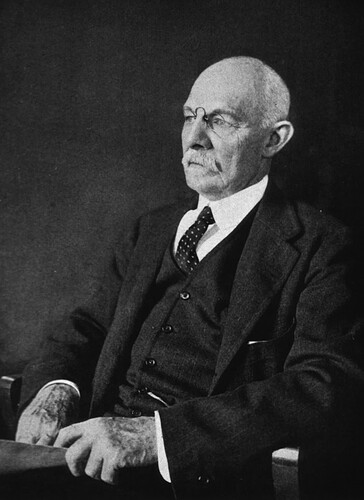What led to the grueling and sleep-deprived training of doctors?
The answer lies with the influential physician William Stewart Halsted, who established the surgical training program at Johns Hopkins Hospital in Baltimore, Maryland in 1889. As head of the Department of Surgery, Halsted believed that doctors must live in the hospital during their training to be fully dedicated to learning surgical skills and medical knowledge, giving rise to the term “residency.” Halsted’s own ability to function without fatigue for days on end became a model for his trainees to follow. However, Halsted’s addiction to cocaine, which he used for research on nerve-blocking abilities, played a role in his ability to endure sleep deprivation. His addiction remained hidden for years, but colleagues noticed his erratic behavior and the young doctors were left to perform surgeries on their own when Halsted excused himself from the operating theater. Despite the detrimental effects of sleep deprivation, residency programs that require doctors to work grueling hours persist in medical schools across the US. This lack of sleep has resulted in patient harm and death, as well as affected the well-being of residents. It is important to recognize that sleep is crucial for overall health and well-being, and being sleep-deprived can have similar effects to being intoxicated. Sleep is essential for resetting the brain and body’s health, making it crucial for everyone, regardless of their profession.
lack of sleep is detrimental to anyone, especially doctors who are saving lives.
But this applies to anyone, whether you’re a doctor, or starting your own business.
Don’t believe me?
Being sleep-deprived can even affect the body the same way drinking alcohol does.
Being awake for:
• 17 hours is similar to having a blood alcohol concentration (BAC) of 0.05% (the level some countries use for drunk driving violations).
• 24 hours is similar to having a BAC of 0.10% (above the U.S. drunk driving level of 0.08.)
At the end of the day:
Don’t sleep on the impact of sleep.
Sleep is the single most effective thing we can do to reset our brain and body health each day.
#medtwitter
